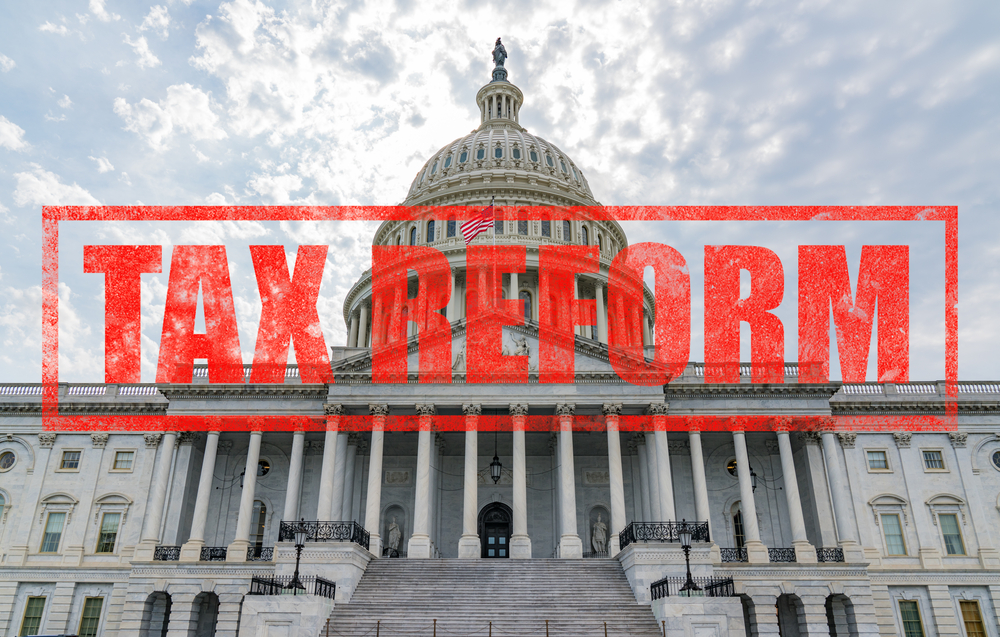
Intellectual Property
Patent protections are a crucial component of intellectual property laws, and are essential for driving innovation and promoting progress. By granting inventors and creators exclusive rights to their innovations, patents incentivize investment in research and development, and enable inventors to profit from their ideas. Without patent protections, there would be less innovation, less economic growth, and less technological progress.

Healthcare
Access to quality, affordable, healthcare is vital, but government intervention can often make it less affordable and less accessible. The best way to reduce healthcare costs and increase access is through market-based reforms that promote competition and consumer choices. Reforms should be implemented to allow for greater price transparency and a more competitive marketplace.

Taxes
Lower taxes lead to economic growth and higher standards of living by enabling individuals and businesses to keep more of their own money, which they can then use to invest. Conversely, high tax rates can discourage work, saving, and investment, leading to government waste and inefficiency. Taxes should be simple, transparent, fair, without loopholes, and not be used to pick winners and losers in the marketplace.

Antitrust
Businesses have the right to compete and innovate as they see fit, and consumers have the freedom to choose which products or services to purchase. Government intervention in the market, through antitrust laws, only serves to distort prices and limit choices for consumers. A truly free market, without government interference, is the best way to ensure competition and innovation, and promote the well-being of all individuals.

Trade
Free trade fosters economic growth by enabling countries to specialize in what they do best, reducing the costs of production and increasing efficiency. Tariffs and trade barriers harm consumers by raising prices, reducing choices, and protecting domestic industries from competition. To ensure a level playing field for businesses and workers, trade agreements should be transparent, fair, and not include provisions that undermine individual rights or sovereignty.

Energy
Markets, not government, should drive energy innovation and production, ensuring the most efficient and cost-effective use of resources. Subsidies and regulations distort the energy market, often resulting in higher costs and less innovation. Private property rights should be respected in energy production, and individuals should be free to choose the energy sources they prefer, whether that be renewable energy or traditional fossil fuels.